
views
Henry Olonga, Zimbabwe’s first international black cricketer and the youngest-ever to represent the nation is widely remembered as the pacer with free-flowing locks for hair and a lethal right-arm delivery, which was filled with punch but often lacked discipline.
It has been over two decades since his statement black armband protest against the reign of former dictator Robert Mugabe, which turned his life upside down, but the relics of the fallout from the event still lie deeply rooted in the 47-year-old’s life and mind.
At one point, he was the country’s fastest bowler but has issues with overstepping and sticking to the right line and lengths. More famously, he was called for chucking on his debut against Pakistan in 1995, before working under the guidance of multiple trainers across the globe to rectify his bowling action before returning to represent.
“It would be a terrible story for the first Black player on Zimbabwe’s national team to fail so miserably at the first hurdle,” Olonga reflected.
Olonga wasn’t just an ordinary cricketer, who stuck to the grounds. He was an artist who enjoyed singing, dancing and theatre before cricket took over. In addition to all that, he was politically aware and did not shy away from voicing his opinion, which ultimately led to his exile from his homeland.
“I didn’t want to be just a cricketer, just a fast bowler, because I was never wired that way,” Olongo said.
Olonga, who was rather fond of Mugabe during his formative years, was under the impression that the former leader was a champion of the oppressed black community.
“To my young mind, he was one of the legends of the political changes that came into Rhodesia and enabled Zimbabwe to be the nation it became,” he said.
However, further inspection of the facts under the guidance of human rights lawyer David Colbert, who went on to become Zimbabwe’s minister for education, sport, arts and culture, changed Olonga’s opinion about the dictator and opened his eyes to the truth.
“I really did feel hoodwinked. I’d been convinced that Mugabe was this liberation war hero, only to find out that in actuality, he was a vicious dictator who was happy to stop at nothing to hold onto power and get rid of opponents.”
Mugabe, who came to power and consolidated it in the 1980s, assumed the post of the nation’s president and the commander of the armed forces was at the helm when Zimbabwe faced an economic downturn amid an amendment made to the laws that permitted the government to purchase land for resettlement and reallotment.
As a result, under the aegis of the dictator, white-owned farmlands were seized by veteran military men before being handed over to Mugabe’s cronies, who did not harvest in their newly acquired areas, which deepened the crisis.
“Staying silent wasn’t going to be an option for me in the face of some of the grim realities that a lot of Zimbabweans faced,” he said.
“Farm invasions, human rights violations, corruption, mismanagement, all of that. And you had a young man who was just fed up,” Olonga continued.
It was around this time that Olongo and teammate Andy Flower decided to wear the black armband, which did not sit well with supporters of Mugabe back home and the players were forced into hiding and then into exile.
#OTD 2003 WCAndy Flower and Henry Olonga defied Robert Mugabe’s regime by wearing black armbands to mourn “the death of democracy”. pic.twitter.com/UpjoC7rHOm
— Bhagyesh Joshi (@Cric_bhagya82) February 10, 2023
“I look at it with fondness, I had some great moments. We as a team had some amazing triumphs. But it was bittersweet for me at the end.”
While Flower went on to have a plethora of coaching roles around the world to success before returning as the coach of his national side for a short period last year, a homecoming for Olongo is still up in the air.
“I never go where I’m not invited and I don’t stay where I’m not wanted. It’s become a bit of a personal motif of mine. And if I get the perception that I’m still not wanted in Zimbabwe, you bet your bottom dollar I ain’t going,” the former pacer said.
“The sadness comes from the fact that the very people I was trying to help, represent saw me as the enemy,” he expressed with pain in his voice.
“I found it bizarre that a lot of people didn’t see that what I did was to my own hurt for their benefit. At least, I was hoping that I was representing the voiceless or the people who couldn’t speak out for themselves, or the people who didn’t have a platform, only for that to be thrown back in my face,” he said with a tinge of melancholy.
He went on to play for certain English sides on invitation after fleeing his home country, before finding pastures anew down under.
Olonga also spoke about the climate in the game back in the day and how a sportsman’s involvement in arts was rather frowned upon.
“It’s kind of in people’s perception of masculinity, it was never embraced. I think also to a lot of people, it maybe comes off as a bit tacky or cheesy.”
Now, settled in Australia’s Adelaide with his wife and two daughters, Olonga makes music for a living and opined that music is therapy in itself.
He even starred in the Australian version of ‘The Voice’ back in the year 2019, where he also opened up about his life.
Remember Zimbabwean ex-cricketer Henry Olonga ? This is him now.Rcvd from WA pic.twitter.com/V0hu7wQLSI
— D Prasanth Nair (@DPrasanthNair) November 27, 2023
“Now, I’m creating new memories in a new sphere and a new world, and I’m thoroughly enjoying it. I’ve found peace here.”
“I see myself doing the music till the day I die. For me, it’s a passion. It really is. I want to sell music to people and get paid, but ultimately, I like to perform and I love bringing pleasure to people.”
“Music is very therapeutic to the soul. Hopefully, for the person listening, and, hopefully, for the performer”.
“I think I’m now at a place where I can make people feel something. I’m not going to say I’m a master of my craft, but I’m pretty sure of what I can do and what my limits are. It’s enjoyable for me as well in that it’s a beautiful outlet for me to express myself,” Olonga concluded.











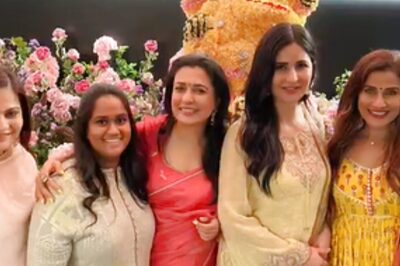

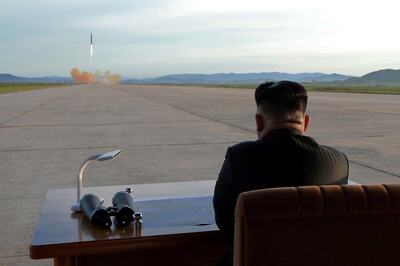


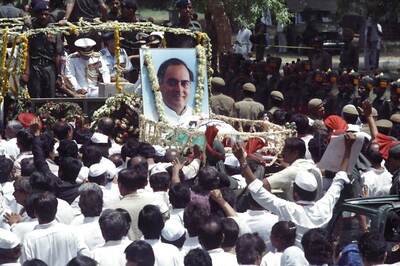

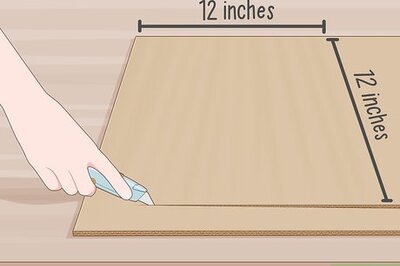
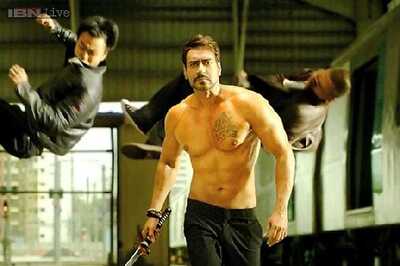
Comments
0 comment